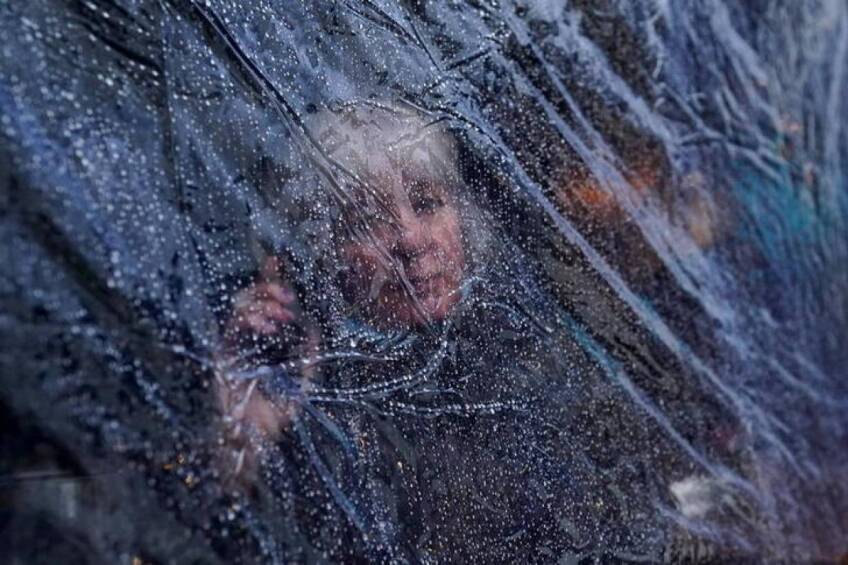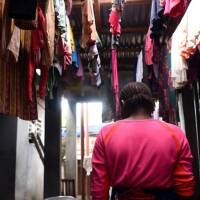U.N. Says Pandemic Will Slow Already Miniscule Progress in Women's Rights
This story was originally published October 20, 2020 by the Thomson Reuters Foundation.
NEW YORK, Oct. 20 (Thomson Reuters Foundation) - The coronavirus pandemic threatens to grind down progress toward gender equality that already was creeping along at a snail's pace, the United Nations said on Tuesday.
Gender-based violence and inequities in the workplace and political leadership are nearly as bad as they were 25 years ago, the global agency said in a report "The World's Women 2020."

Only modest gains in education and lowered maternal mortality have taken place since the U.N.'s 189 members made a commitment to women's rights at a landmark conference in Beijing in 1995, Secretary-General António Guterres said.
"Progress towards equal power and equal rights for women remains elusive," Guterres said in a statement. "No country has achieved gender equality, and the COVID-19 crisis threatens to erode the limited gains that have been made."
Not only did U.N. members make the pledge in China a quarter century ago, but achieving gender equality by 2030 was one of the global goals adopted five years ago to tackle social ills like poverty and conflict.
The U.N. report found boys and girls are equally likely to go to primary and secondary school, and women are more likely than men to enroll in higher education, but fewer than half of women work in the paid labor market compared with three-quarters of men.
That's the same gap that existed in 1995, it said.
More on the impact of COVID-19 around the world
"Too many people think 'Oh, well it's good that girls are finishing school and more women are going to university,' but clearly that's not enough," said Jeni Klugman, managing director of Georgetown University's Institute for Women, Peace and Security.
Women's workforce participation is particularly low, below 30%, in Southern Asia, Northern Africa and Western Asia, the U.N. said.
Progress in gender parity in political leadership also is slow, the U.N. said, with only eight more female heads of state or government — monarchs, presidents or prime ministers — today than in 1995.
The proportion of women in managerial positions is nearly the same as it was in 1995, the U.N. said.
Slowing women's progress is the unpaid work they are likely expected to do at home, it said.
Among single women ages 25 to 54, four out of five are employed, but if they have a partner and child, the rate drops below half, it said.
The findings come as the coronavirus pandemic, which has infected more than 40 million people and killed 1.1 million people worldwide, according to a Reuters tally, deepens underlying inequalities, the U.N. said.
According to data from 38 countries and territories, women were more likely than men to be infected, possibly because about 70% of health-care workers are female, it said.
"They are at high risk of contracting the disease, and they are also, of course, at the frontlines fighting the pandemic on behalf of everyone," said Francesca Grum, U.N. chief social and gender statistician, at a virtual media conference.
The pandemic also reduces women's access to reproductive health care and takes up their time as children are kept out of school, the report said.
Reporting by Matthew Lavietes, eiting by Ellen Wulfhorst.





